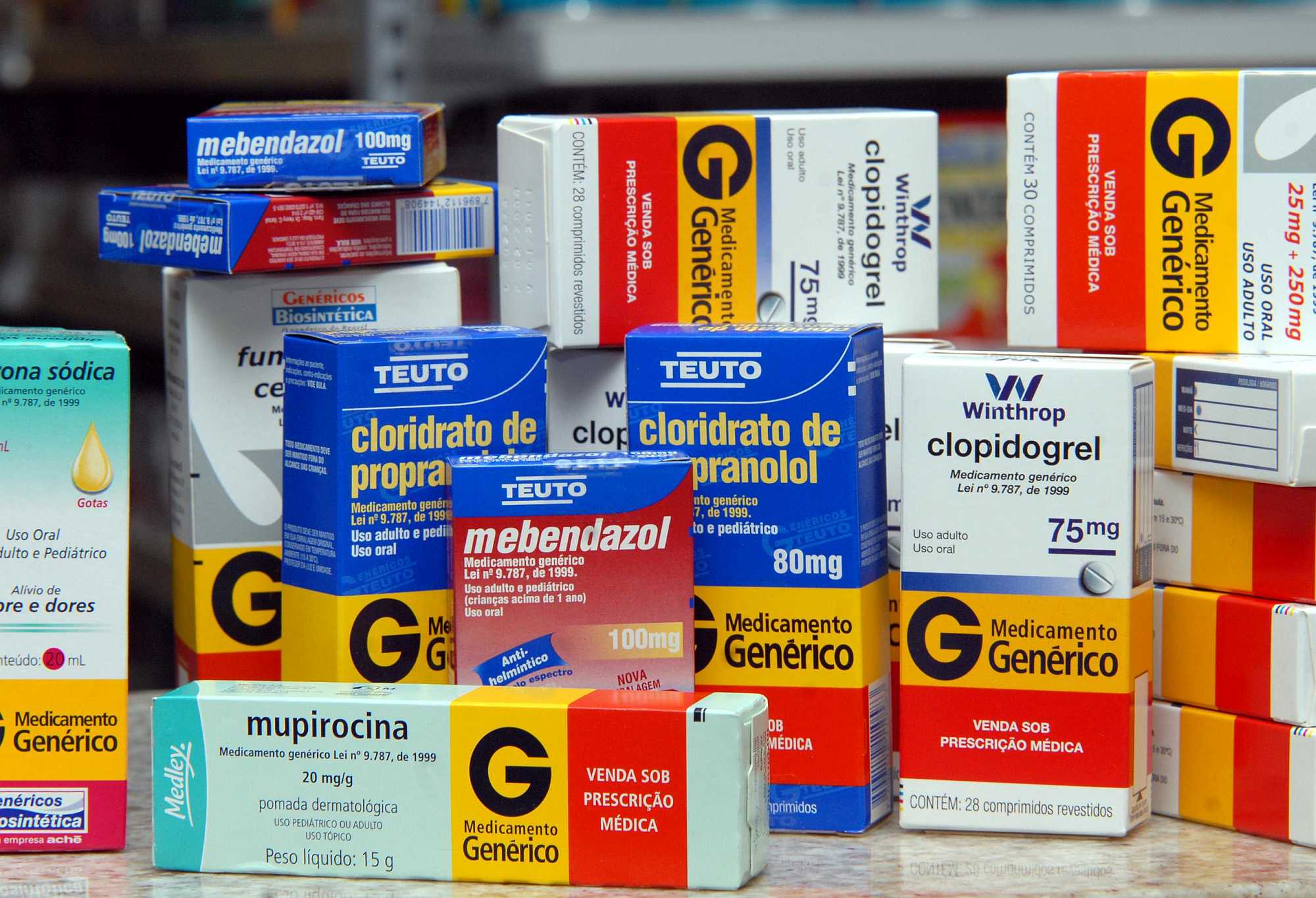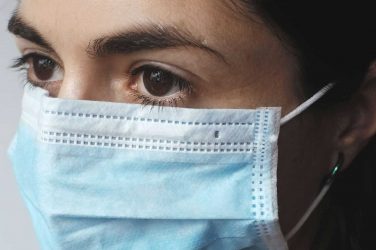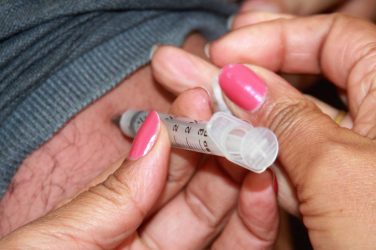A new methodology that can be used to compare generic drug regulations between countries can help scale up the use of life-saving medicines by easing the way to legislation and prescription, according to a recent report.
By clarifying the traits of generic drugs and the constraints to using them the new methodology can help overcome persisting mistrust over their widespread use by doctors, lawmakers, public officials and others who shape relevant policies.
“Promoting the use of generic drugs can constitute a core instrument for countries’ national pharmaceutical policies, one that reduces drug expenditure while expanding health care access”, write the authors in the report, published in the Pan American Journal of Public Health.
Experts are currently lacking a roadmap that would allow them to determine what aspects of the generic drugs policy should be evaluated and compared, says Elize Fonseca, a researcher at the Teaching and Research Institute of São Paulo, and co-author of the research, in an interview with Brazil’s research foundation FAPESP.
The study focuses on Brazil — the main Latin American market for generic drugs — but the methodology can be used to compare regulations between other countries.
“Currently, each country has a different type of regulation, which at the end creates a trade barrier. But by answering four key questions [about biological equivalence with branded drugs, packing, prescription and replacement] we [the user of the methodology] can arrive to a better understanding of regulation in every country”, Fonseca explains.
Comparing legislation helps by unveiling the reasons behind governments’ legal stance on generics, for example. And it can pave the way to consistent rules so these drugs are more easily traded between countries.
In the case of Brazil, the methodology detected a number of conflicts of interest between government, pharmaceutical companies and consumers. This is because drug regulation “is a technical issue, but also political”, according to Fonseca.
For instance, only a quarter of all medicines sold in Brazilian drug stores are generics, even though the country has strongly supported their manufacture and prescription since 1999. Pharmaceutical companies still promote and advertise branded medicines as superior to generics in many countries.
In addition, while the Brazilian health system requires doctors to prescribe medicines according to their generic name, a 2006 study cited in the report found that 44 per cent of health professionals across eight cities said generic drugs are not reliable enough — a sign of mistrust. Among those who did trust their effectiveness, 17 per cent did not prescribe them.
The research is based on government data collected between 2007 and 2015. It is also based on a review of more than 400 science papers and journalistic articles, complemented by interviews with 60 officials and regulatory authorities that took part in the drafting and implementation of generic drugs policies in the country.
The researchers also analyzed bio-equivalence, a measure of whether generic and branded medicines have the same compounds and formulation.
“Before the generics law was passed [1999], the pharmaceuticals industry in Brazil could copy drugs without an obligation to show evidence of their therapeutic equivalence,” says Fonseca.
“After [the law] demanding bio-equivalence, several producers were unable to adapt to the new legal requirements and their products were pulled out the market.” She points out that “competitiveness is key” in the pharmaceuticals sector “in order to get lower prices”.
To avoid a rise in prices, since 2000 the National Health Surveillance Agency (ANVISA) created a range of support tools that manufacturers of generics can use to register their products and support local enterprises that sell them.
ANVISA also promoted capacity building so that bio-equivalence tests take place in the country rather than abroad. Currently, 88 per cent of these tests are done in Brazil, and regulations in this area are more stringent than in other Latin American countries, according to the research.
Next the authors plan to conduct a case-by-case analysis of how generics regulation works in Chile, Colombia, Argentina and Mexico.
This article was originally published by SciDev.Net













